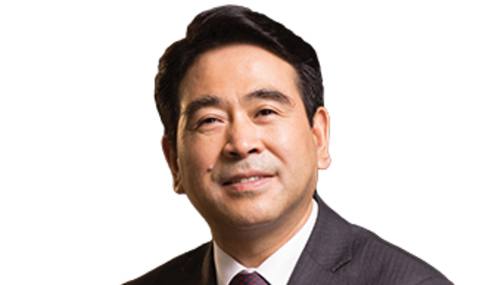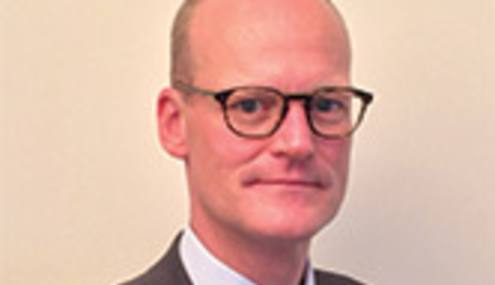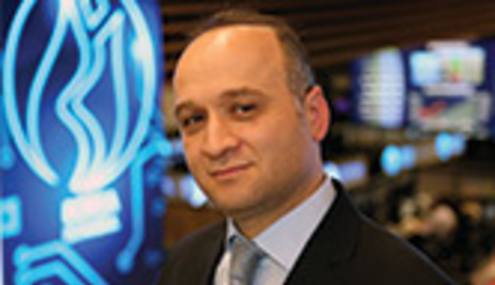Despite facing myriad financial obstacles over the past few years, the Lebanese banking sector has shown acceptable growth in 2011, according to the governor of Banque du Liban – Lebanon's central bank – Riad Salameh. This is demonstrated by deposits growing at more than 7% and bank credits rising by 15%.
Editor's choice
While maintaining growth in key areas such as consumer, housing and construction, the country's banks have been able to continue their expansion strategies and maintain the record profit levels of 2010. The performance of Lebanon's banking sector in the face of unrest throughout the Middle East and north Africa has been, Mr Salameh believes, satisfactory and on a good trajectory going forward.
Mr Salameh explains that Lebanon's banking sector has not been affected either negatively or positively by the crisis in bordering Syria. He notes that the six Lebanese banks operating in Syria have sufficient capital to meet any worst-case scenarios and will not have recourse to their home offices. Rumours that large amounts of funds are coming from Syria to Lebanon, he adds, are not true.
After the turmoil
In looking at growth in 2011, Mr Salameh expects to see real growth of 2% to 3%, adding that while the first half of the year produced virtually zero growth due to the political crisis in the country and lack of government, the core growth has been achieved in the second half of the year. It is also important to note that the new government in Lebanon was formed in mid-June, and was only then able to appoint Mr Salameh to another term as governor.
Looking at 2012, Mr Salameh is optimistic about increased growth but, in his typically conservative manner is not making any forecasts. While the government has infrastructure projects to help the country's economy, Mr Salameh believes 2012 will be better than 2011, provided there is political stability.
While the governor acknowledges that Lebanon's banks have lent a lot to the government in the past, he explains that since 2010 the banks have been lending more to the private sector than the government. He notes that since 2010, there has been a switch towards the private sector, a big difference and a change from recent years. He also stresses the confidence in the Lebanese currency, which allowed credit tools to be reintroduced and enabled the sector to lend to housing and new projects.
“The trend is changing, today, you cannot differentiate between the risks of banks, especially in regards to sovereign debts. Saying lending to the private sector is better than lending to government is not relevant,” says Mr Salameh.
A little local difficulty
In the Middle East and north Africa region, the governor recognises the troubled times prevailing, and with negative growth in Egypt and Libya he is not sure that these economies will be able to bounce back in 2012. Nevertheless, he is optimistic that at the end of the so-called ‘Arab Spring’, the economies of Arabic countries will be much larger and stronger.
Does Lebanon have any lessons for Europe? The Lebanon model, built in 1993, had a high liquidity ratio of 30%, which was important so that there was no reliance on the interbank market for funding. While there is no easy lesson for Europe, Mr Salameh emphasises that any default should be prevented because it damages confidence and becomes more costly. As the governor reiterates the importance of liquidity cannot be underestimated in a deep crisis.
Meanwhile, at the Arab central bank governors’ meeting in Doha, Qatar, in early October, Mr Salameh said that Lebanon had no plans to revalue its currency against the US dollar, and added that Lebanon plans to keep its gold reserves at about $17bn as it tries to protect the country's economy from domestic unrest in neighbouring countries by maintaining interest rates at current levels and adopting a prudent fiscal approach.
Mr Salameh said: “Lebanon is immune to what is happening in Syria or worldwide because of the model we have, which is highly liquid, [has a] prudent approach to credit and low leverage.” He added that there was demand for the Lebanese currency and cash inflows were improving.
On the US and Europe, he said: “We don’t see a negative effect on the Arab world [from the US and Europe] because oil prices are still high and that is the main source of wealth in the region.” Mr Salameh also predicted that inflation in Lebanon would be about 6% this year.












